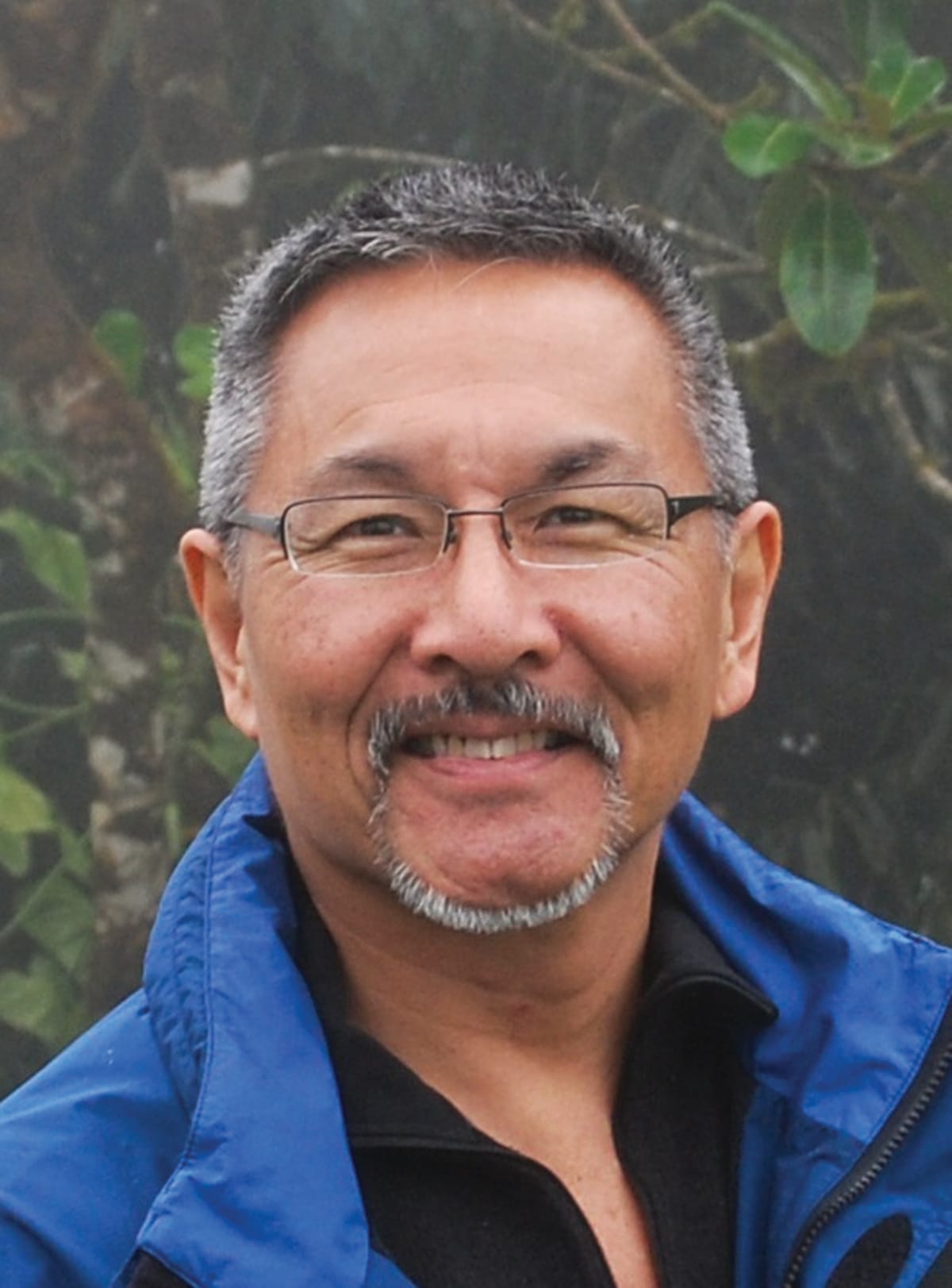Jcbaran

Posts : 1620
Join date : 2010-11-13
Age : 73
Location : New York, NY
 |  Subject: Democracy is Good for Sanghas - by Larry Yang - from Lion's Roar website Subject: Democracy is Good for Sanghas - by Larry Yang - from Lion's Roar website  10/7/2015, 4:11 pm 10/7/2015, 4:11 pm | |
| [size=30]Democracy is Good For Sanghas[/size] BY LARRY YANG| SEPTEMBER 29, 2015  Larry Yang. Photo by Stephen Pickard. Larry Yang. Photo by Stephen Pickard.Many dharma communities are led by a teacher—usually the founder—who typically occupies a dominant role in organizational governance. If there are several teachers, a teachers’ council may form that holds as much or more power than the organization’s board of directors. But the depth of a dharma teacher’s teaching and spiritual ministering, while at the heart of any meditation community, does not indicate they have the needed skills for organizational development and management. Teachers, often by their community’s own design, disproportionately influence their sangha’s decision-making. This hierarchical model might work in Asia, but it can feel incongruent in the West given the democratic ideals of North American culture, the values embodied by our separation of church and state, and the checks and balances serving to protect against the confluence of spiritual and governance authority and whatever intentional or unintentional misuse of power that might result. With teachers empowered with governance authority separate from that of the board, the resultant split in decision-making can create dysfunctional conditions for staff and volunteers, who are essentially reporting to two lines of management. At East Bay Meditation Center (EBMC) in Oakland, California, involvement of our diverse constituencies is critical for the success of our mission: “to provide a welcoming environment for people of color, members of the LGBTQI community, people with disabilities, and other underrepresented communities.” Because no single teacher represents all the diverse groups practicing at EBMC, the teachings are held by many teachers from a range of backgrounds. Likewise, every board of directors has been constituted from the larger community’s diversity. In too many meditation centers, the insufficient governance experience of dharma teachers, especially in multicultural competencies, has been an obstacle in creating inclusive and culturally non-harming sanghas. The mainstream model of “If you build it, they will come” has not worked as it unconsciously imposes dominant cultural values upon marginalized diverse communities. Likewise, at Insight Community of the Desert (ICD) in Palm Springs, California, building a community that is not teacher-centric but practitioner-centric is a high priority. The teachers are invited by the board and are periodically reviewed by the non-teacher, or “lay” members of the board. Teachers are held accountable for how they offer the teachings, hold the integrity of their behaviors, and deepen their development as teachers; they are valued for their dharma expertise. But teachers are not assumed to hold all the answers to complicated organizational issues. This is the responsibility of the board, its committees, and the sangha as a whole. Democratic principles, collective leadership, and community empowerment are vital for continuing the dharma in the West—they are key elements in making these ancient teachings relevant for our complex contemporary world. | |
|
